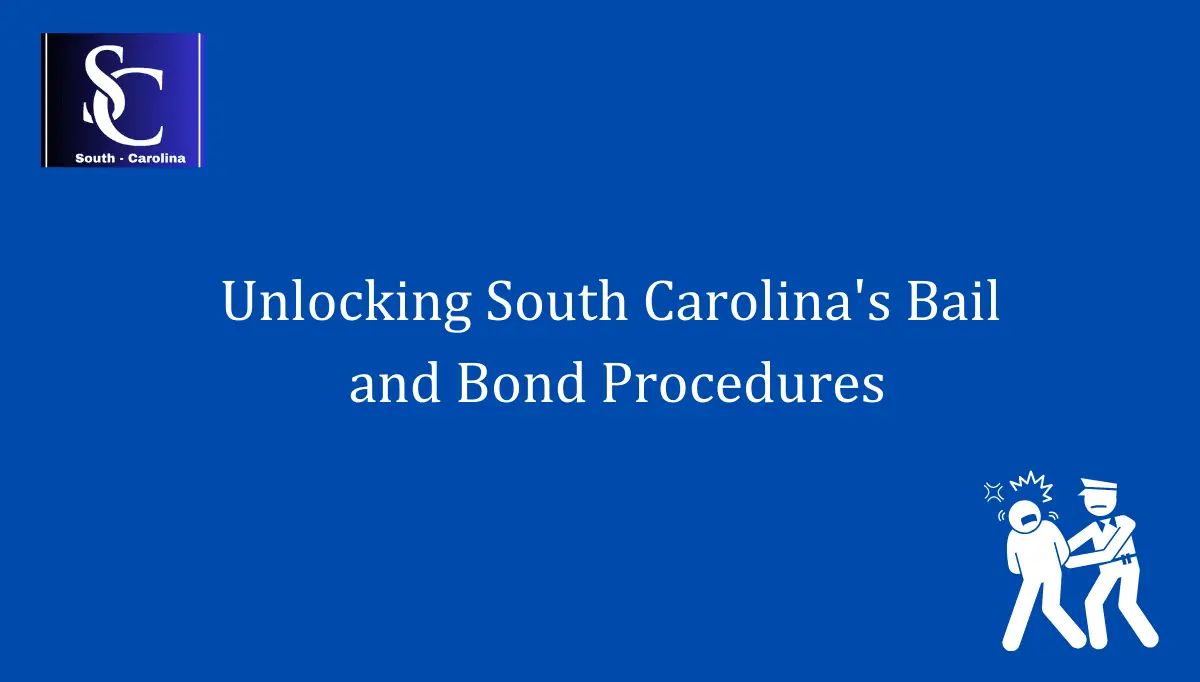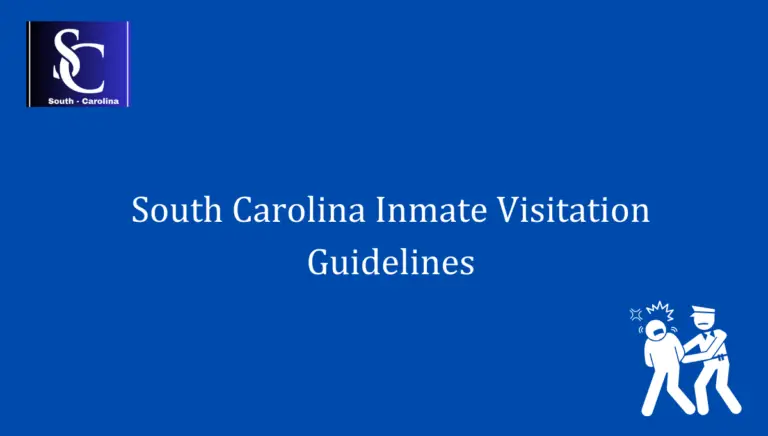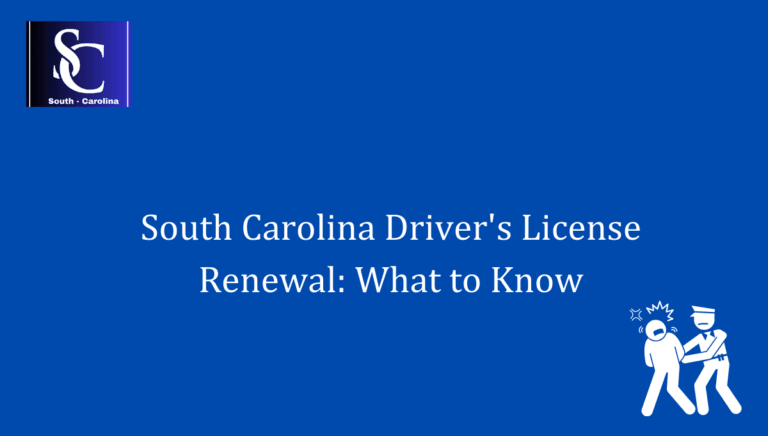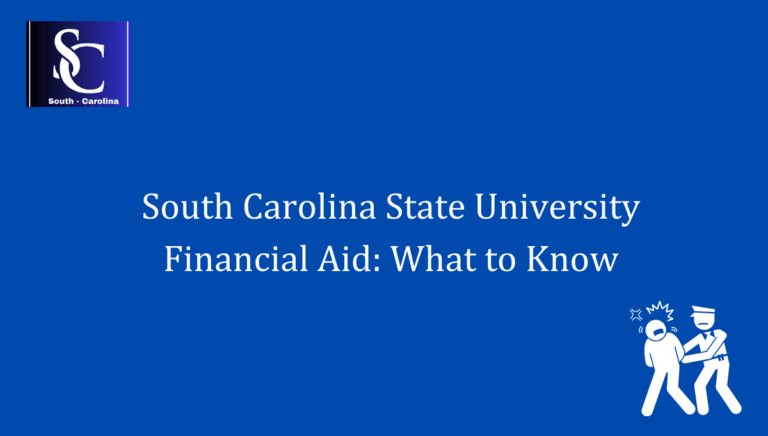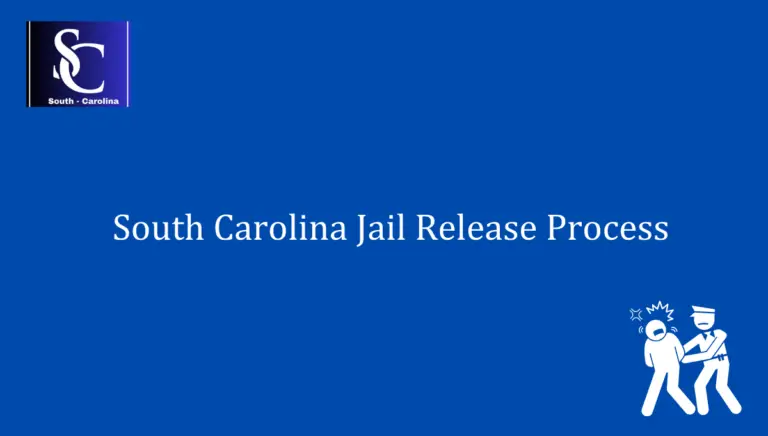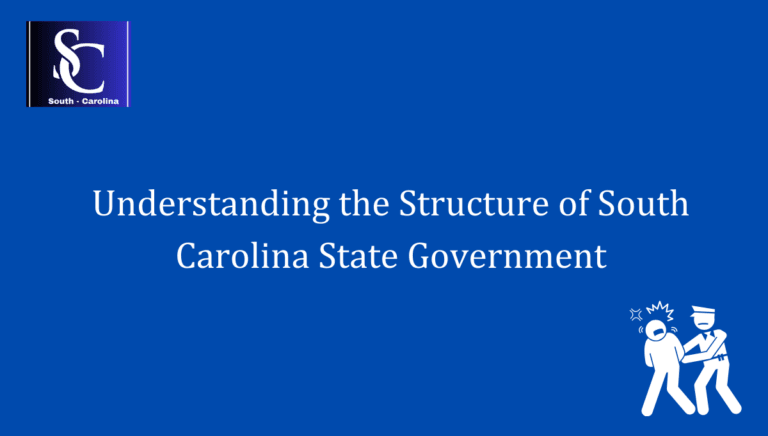Unlocking South Carolina’s Bail and Bond Procedures
South Carolina’s bail and bond procedures are a complex and often misunderstood aspect of the state’s legal system. Whether you’re a resident, an attorney, or simply curious about the intricacies of the law, this comprehensive guide aims to unlock the mysteries surrounding bail and bond in the Palmetto State.
From the initial arrest to the final court proceedings, understanding the bail and bond process is crucial for anyone involved in the criminal justice system. With clear and concise explanations, we will delve into the various types of bail, the factors that influence bail decisions, and the rights and responsibilities of both defendants and bail bondsmen. Whether you’re looking for information on how to secure bail for a loved one or simply seeking a deeper understanding of the legal system, this guide is your key to navigating the complexities of South Carolina’s bail and bond procedures.
Understanding Bail and Bond in South Carolina
South Carolina’s bail and bond procedures are a complex and often misunderstood aspect of the state’s legal system. Whether you’re a resident, an attorney, or simply curious about the intricacies of the law, this comprehensive guide aims to unlock the mysteries surrounding bail and bond in the Palmetto State.
The Importance of Understanding the Bail and Bond Process
From the initial arrest to the final court proceedings, understanding the bail and bond process is crucial for anyone involved in the criminal justice system. By gaining a clear understanding of this process, you can make informed decisions and ensure the best possible outcome for yourself or your loved ones.
Types of Bail in South Carolina
South Carolina recognizes several types of bail, each with its own set of requirements and conditions. It’s important to familiarize yourself with these types to determine the most appropriate option for your specific situation. Whether it’s cash bail, property bond, or surety bond, understanding the differences will help you navigate through the process more effectively.
Factors Influencing Bail Decisions
When determining bail, several factors come into play. The court considers the severity of the alleged crime, the defendant’s criminal history, ties to the community, and flight risk. By understanding these factors, you can better anticipate the potential bail amount and take appropriate action.
Rights and Responsibilities of Defendants
Defendants have certain rights and responsibilities during the bail and bond process. It’s important to be aware of these rights, including the right to a fair bail hearing and the right to reasonable bail. Additionally, defendants must fulfill their responsibilities, such as appearing in court as scheduled and complying with any conditions set by the court.
Role of Bail Bondsmen in South Carolina
Bail bondsmen play a crucial role in the bail and bond process. They assist defendants in securing their release by providing the necessary funds to cover the bail amount. Understanding how bail bondsmen operate and the fees involved can help you make an informed decision when seeking their services.
Exploring the Legal System: Your Guide to South Carolina’s Bail and Bond Procedures
Whether you’re looking for information on how to secure bail for a loved one or simply seeking a deeper understanding of the legal system, this guide is your key to navigating the complexities of South Carolina’s bail and bond procedures. By providing clear and concise explanations, we aim to empower you with the knowledge needed to navigate the system with confidence.
FAQs
What is the process of unlocking bail and bond in South Carolina?
Unlocking bail and bond in South Carolina involves several steps. First, the defendant or their representative must contact a licensed bail bondsman to initiate the process. The bondsman will then assess the defendant’s eligibility for bail and determine the amount required for their release. Once the bail amount is set, the defendant or their representative must provide collateral or payment to the bondsman. The bondsman will then post the bail with the court, and the defendant will be released from custody. It’s important to note that failure to appear in court may result in the forfeiture of the posted bail.
What are the different types of bail in South Carolina?
In South Carolina, there are primarily three types of bail: personal recognizance, cash bail, and surety bond. Personal recognizance allows the defendant to be released from custody based on their promise to appear in court. Cash bail requires the defendant or their representative to pay the full bail amount in cash to secure their release. Surety bond involves the use of a bail bondsman who posts the bail on behalf of the defendant and charges a percentage of the bail amount as a fee.
Can the bail amount be reduced in South Carolina?
Yes, the bail amount can be reduced in South Carolina under certain circumstances. The defendant or their representative can request a bail hearing where they can present evidence and arguments to support a reduction in bail. The judge will consider factors such as the defendant’s criminal history, ties to the community, and flight risk when making a decision. It’s important to consult with an attorney to navigate the bail reduction process effectively.
What happens if the defendant cannot afford the bail amount?
If the defendant cannot afford the bail amount, they have several options. They can seek the assistance of a bail bondsman who will post the bail on their behalf for a fee. Alternatively, they can work with an attorney to request a bail reduction or explore other alternatives such as pretrial release programs. It’s crucial for the defendant to seek legal advice to understand their options and make informed decisions.
What are the consequences of violating bail conditions in South Carolina?
Violating bail conditions in South Carolina can have serious consequences. The court may issue a warrant for the defendant’s arrest, and they may be held in custody until their trial. Additionally, the defendant may face additional charges for bail jumping or failure to appear. It’s essential for the defendant to comply with all bail conditions to avoid further legal complications.

